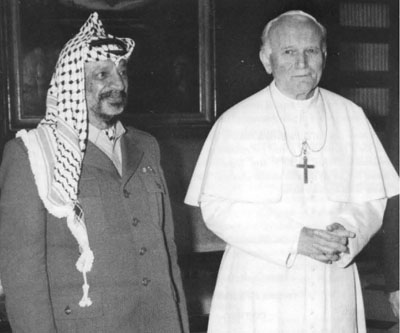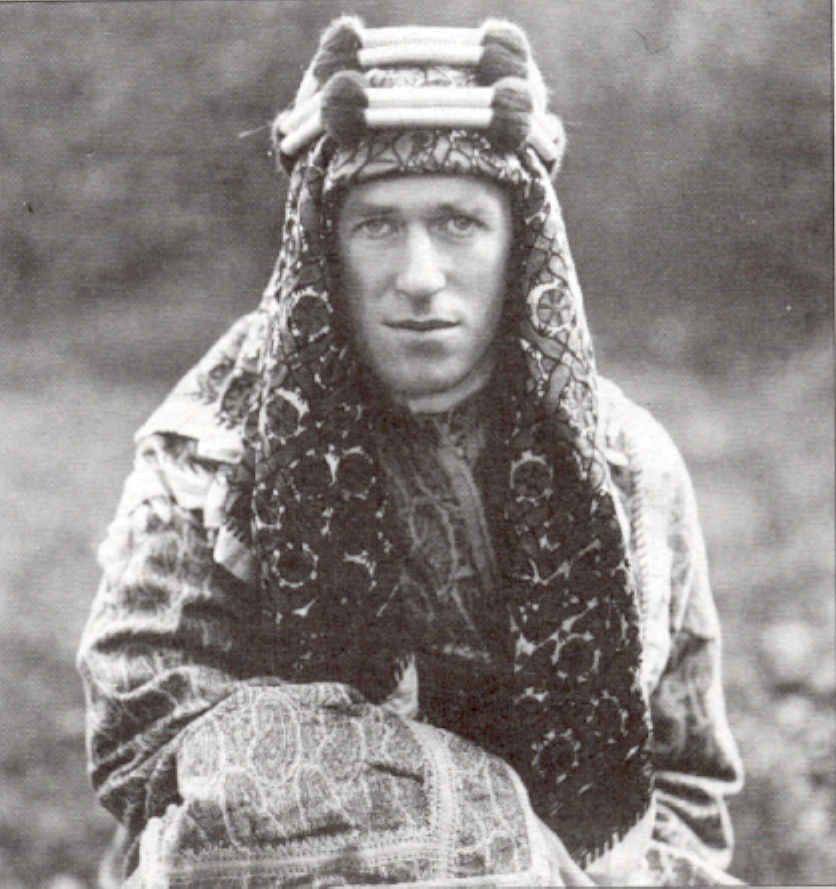The blur of identity is fundamental to the Arab consciousness and the history of the Arab peoples has been a perennial struggle to resolve it: an alternation of confusion , self-awareness and doubt, mixed with something that transcends frontiers and binds within a single secular loyalty all who feel themselves to be Arab…
Yet when we in the West survey, bemused and baffled, that vast crescent of peoples, like a swath around the southern and Eastern shores of the Mediterranean, little fraternity shows. The Arab world seems to us perpetually in a shambles. There is no apparent affinity between the purebread Bedouin of the Arabian peninsula and the mixed-blood Egyptians of the Nile Delta- let alone the veiled horsemen of algeria and the Christians of Lebanon. It all looks unreal, faintly farcical: always letting itself down, always at odds, always shifting its loyalties, its alliances, its ideologies- racked by incurable rivalries and hamstrung by an evidently congenital disability to make common cause and stick with it.

—
Army of Islam, the Salafi terrorist organization suspected of being behind the terror attack in the Sinai last week, threatened on Wednesday that it would carry out mass suicide bombings in the heart of Cairo, in response to the Egyptian military’s operation against Islamic organizations in the Sinai.
“No one will condemn the people of Sinai if they react with a car bomb in the heart of Cairo,” the group, which advocates for running Gaza according to Islamic law, said in a statement posted on a Facebook page affiliated with it.
“The Muslim Brotherhood has begun persecutions, led by the agent (Egyptian President Mohammed) Morsi,” said the statement. “Things are moving rapidly. Washington tells Morsi it will help him defend Sinai … The United States is entering Sinai on the back of the Muslim Brotherhood.”
The organization attacked the Muslim Brotherhood rule in Egypt, accusing it of heresy and non-implementation of Sharia (Islamic law).—Read More:http://www.israelnationalnews.com/News/News.aspx/158959#.UC5dq_Vb76M
Such are the paradoxes of the Arab identity, so formidable a conception in some ways, so distracted in others. Charles Doughty, the great Arabian traveler, once described the Arabs as a people, ” sitting in a cloaca, but with their brows touching Heaven.” Their search for certainty too, pursued in fits and starts since the Middle Ages, has fluctuated disconcertingly between squalor and sublimity.
The Arab, in a modern sense, did not exist until the birth of Islam. The Arabia Felix, the collapse of the great dam, symbolized the relapse of Arabia into obscurity in the fourth century, a general stagnancy known as the al-Jahiliyah- The Ignorance. Out of this decadence, in the seventh century, flowered the faith called Islam- the Resignation, or the Surrendering- and out of Islam came the Arab. In those days he was essentially a man of the desert- spare, generally nomadic, living by a severe system of communal conventions. He was a pagan, believing in the spiritual power of stones, springs, or groves, and distinctly wary of jinn.

—by Itamar Marcus
Palestinian press reports about murders of Palestinian women by male family members, in so-called family “honor” killings, have been increasing. According to an op-ed in the official Palestinian Authority daily:
“The frequency with which crimes against women are committed is rising constantly, and every day more than one crime is committed against more than one woman…”
[Al-Ayyam, Aug. 7, 2012]
Palestinian Media Watch notes that the murders have been widely condemned by Palestinian officials and human rights activists, some of whom have called for new legislation and longer prison terms. Others have argued that the killings won’t stop until there is a change in Arab – Muslim culture.
An op-ed in the official Palestinian Authority daily said that legislation won’t be effective unless there is a “cultural revolution” rejecting honor killings:
“There are some who even praise and glorify this [honor killings] as a manly, heroic act, turning it into an aspect of [our] culture that molds the character of Arab and Islamic societies.
If we wish to free our society from this crime’s octopus grasp, we must first admit that without a cultural revolution that will cleanse our perceptions, our books, and our heritage from sanctifying murder performed in the name of Allah and honor… we will not be able to take a single step towards lessening this crime…”
[Al-Hayat Al-Jadida, Aug. 6, 2012]—Read More:http://www.palwatch.org/main.aspx?fi=157&doc_id=7245 image:http://benatlas.com/2009/07/life-in-israel-in-1948-part-1/
They seem to have been passionate people, but superficial: at a time when the Hindu, the Confucian, the Buddhist, the Jewish, and the Christian cultures had all reached noble heights of speculation and scholarship, the original Moslems concerned themselves only with the everyday- the chance of booty, the tingle of lust, or the possible disapproval of the spirit in the Juniper tree. Survival was their first preoccupation; their second, in that unyielding environment of rock and sand, was the alleviation of life’s hardships by some transient imitations of pleasure.

—In the 633-637 Arabs conquer Syria and Iraq, followed by Egypt, then Persia in 640-643 – as part of the charge they believe was given to them by Allah through his prophet Mohammed. Arab armies moved into the Holy Land and were in full control there by 638.
Historian Steve Runciman recounts the conquest of Jerusalem:
On a February day in the year A.D. 638 the Caliph Omar entered Jerusalem, riding upon a white camel. He was dressed in worn, filthy robes, and the army that followed him was rough and unkempt; but its discipline was perfect. At his side was the Patriarch Sophronius, as chief magistrate of the surrendered city. Omar rode straight to the site of the Temple of Solomon, whence his friend Mahomet had ascended into heaven. Watching him stand there, the Patriarch remembered the words of Christ and murmured through his tears: ‘Behold the abomination of desolation, spoken of by Daniel the prophet.’
Omar is said to have been shocked at the filth and rubble that lay strewn about the Temple Mount. Because the holy site had been neglected, he made the Christian Patriarch Sophronius grovel in the muck. Afterward Omar set about clearing the site. He built a wooden mosque on the compound. Most scholars believe the mosque was built on the foundations of an early Christian church. — Read More:http://www.templemount.org/allah.html image:http://www.pauldoolan.com/2010/09/on-robert-graves-count-belisarius-and.html
Yet their brows touched Heaven. Islam brought them to their feet, and in the first of the Arab awakenings, very soon made them the masters of an immense and marvelous empire.





 COMMENTS
COMMENTS